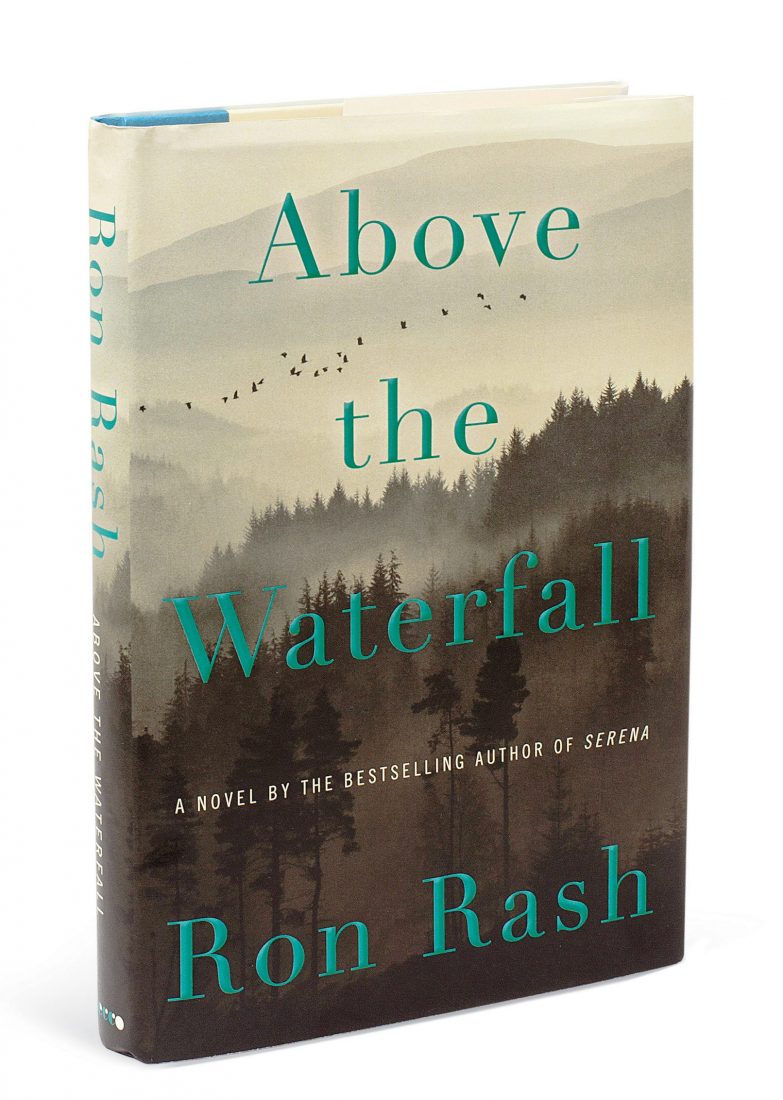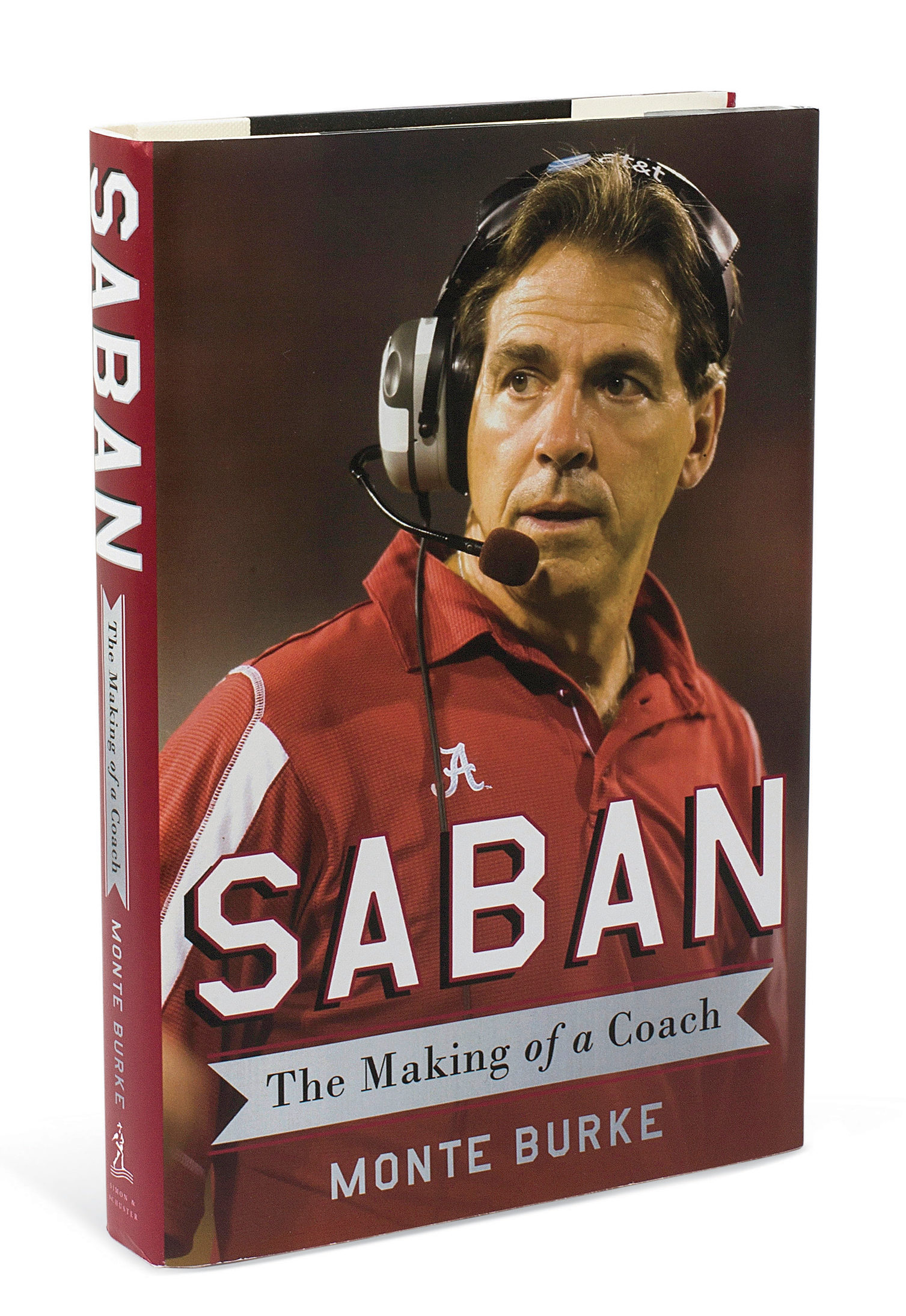Above the Waterfall, the sixth novel from Ron Rash, opens with a whoosh of mountain-ballad atmospherics: “Though sunlight tinges the mountains, black leatherwinged bodies swing low. First fireflies blink languidly. Beyond this meadow, cicadas rev and slow like sewing machines. All else ready for night except night itself.” And so on and so forth. It’s dandy writing—florid and understated at the same time, in that way we’ve come to expect from writers drafting Cormac McCarthy and Charles Frazier—but signals a slow and possibly over-scenic ride to come, a ride that threatens to be stuttered with poetic overlooks. “The susans float like water lilies. All else disappears but they hold their yellow glow. Moon mirrors, sun ghosts. Dream abeyant.” Novel abeyant, too—or so one fears.
It’s an unfounded fear, however. Because Rash—whose 2008 novel, Serena, is widely and rightfully considered a masterwork of historical Southern lit—starts revving the engine just a few pages later and only rarely eases his foot from the gas pedal until the novel’s end. Like another Rash classic, One Foot in Eden (2002), Above the Waterfall soon reveals itself to be a crime novel, and despite the poetic veneer, Rash adheres to the genre’s pacing: It’s tight, propulsive, many-layered, and slippery, and it demands a degree of muscle strength to put down.
The crime at the novel’s center is a fish kill. Someone dumped kerosene into a mountain creek in rural North Carolina, apparently to traumatize a downstream fly-fishing resort. The lead investigator on the case is the sheriff, Les, who’s three weeks shy of retirement and himself traumatized by too many years of trying to hold together a meth-ravaged county as well as the unhealed wounds from a divorce. Les is one of the novel’s narrators, and Rash graces him with a laconic but gentle voice; the other, who’s responsible for the whooshier interludes, is Becky Shytle, a Gerard Manley Hopkins–quoting park ranger whose relationship with Les would earn the “It’s complicated” designation on Facebook. As Les sums it up, imagining what he might post on an Internet dating site: “Man who encouraged clinically depressed wife to kill herself seeks woman, traumatized by school shooting, who later lived with ecoterrorist bomber.”
The chief suspect is a seventy-six-year-old man named Gerald Blackwelder, whose habit of poaching the occasional native brook trout had raised the ire of the resort’s owner. Gerald, a widower who burned down his son’s empty home after the son was killed in the First Gulf War, is freighted with his own complications— “the purple scar that stretched from eye to chin,” the result of a snapped logging chain, is merely the most conspicuous scar on a man who seems composed mostly of scar tissue.
Fact is, nearly everyone in Above the Waterfall seems built out of scar tissue, but Rash doesn’t overplay it. He’s too nimble for that, sprinkling in but never slathering on the anguished backstories as he keeps in motion all the elements we crave in a mystery: the sleuthing, the conflicting clues, the red herring, the moral ambiguities. Still, those backstories—all those not-quite-healed wounds—are the ballast of this novel, and the subtle, almost ethereal way in which Rash juxtaposes the characters’ scars with the landscape’s is how Rash manages not just to entertain but to haunt. We watch the kerosene in the stream flow into a metaphor. At the more literal end, we see it in the cast of meth addicts lurking at the novel’s outer edge, poisoning their own interior streams, but Rash lets the metaphor range more widely and sink more deeply. Poisoned by regrets, by trauma, by fear, Rash’s characters become the stream, and their question—like that of the trout in the fouled water, “death-paled, browns and rainbows now in name only”—becomes this: How do I possibly survive? That’s not atmospherics. That’s life and death. And that’s the canvas Ron Rash works upon—brilliantly.









